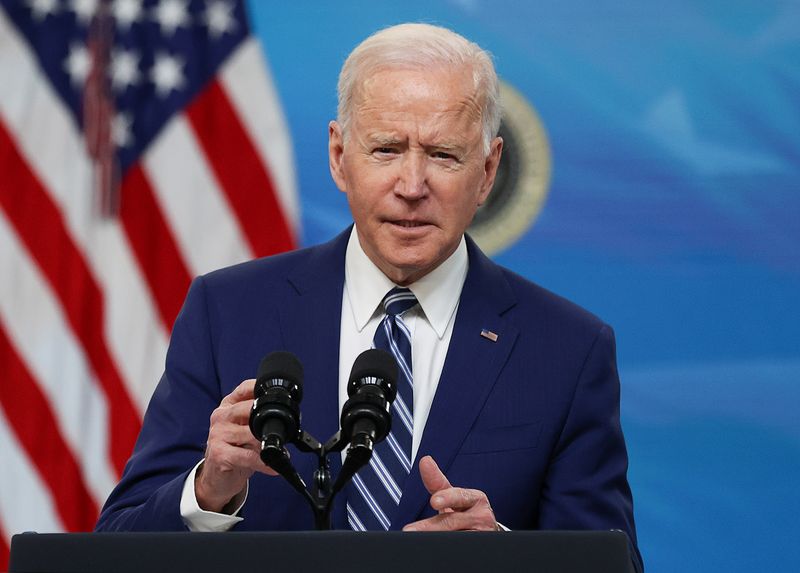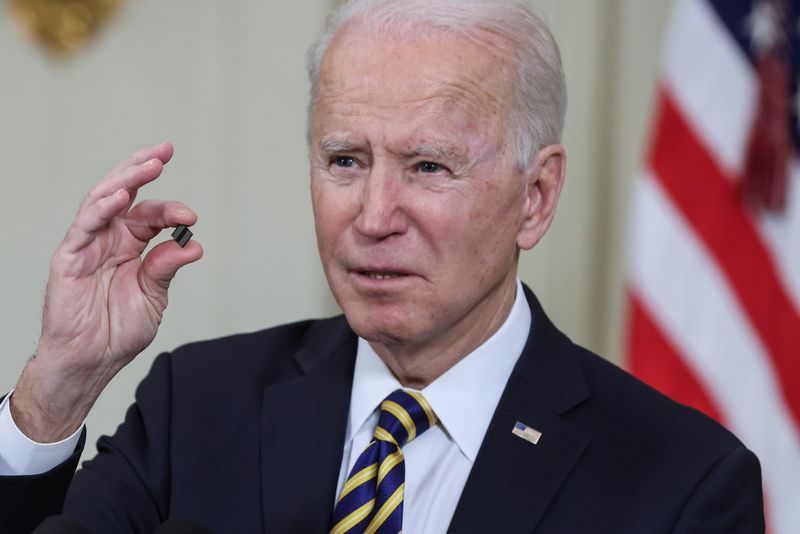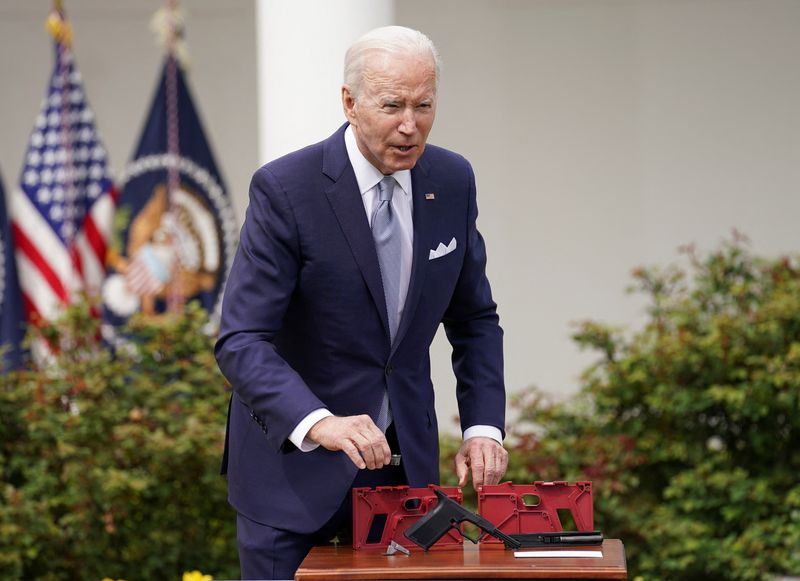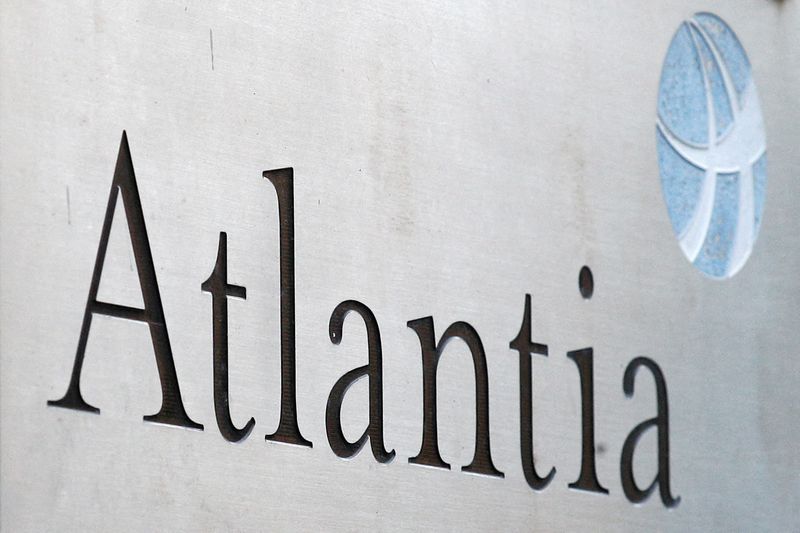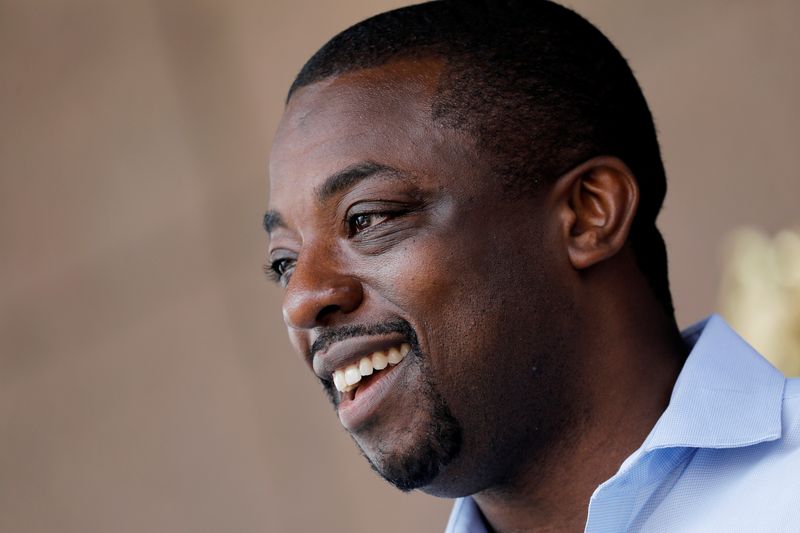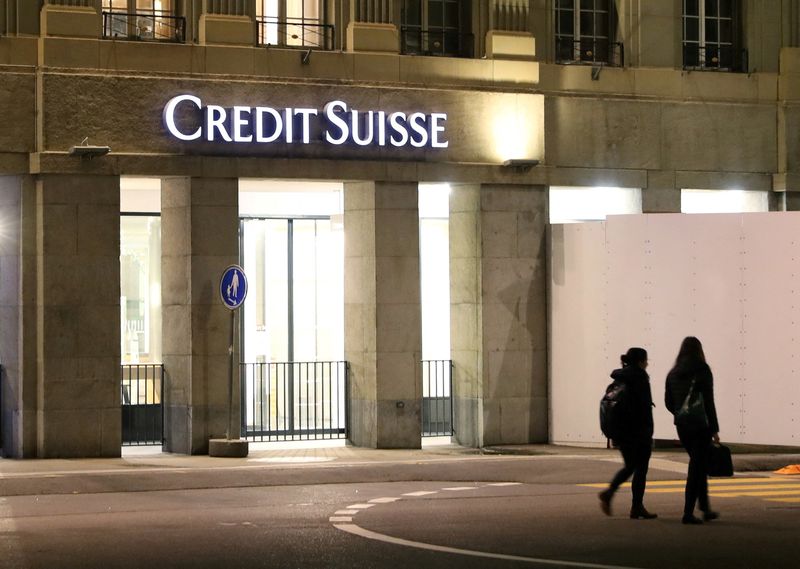TRENTON, NJ – New Jersey public school curriculum set to launch in September will have adult teachers talking to 7 and 8-year-old children about gender studies to help students find themselves, who they are and how they identify.
Yes, that was not a typo, 7 and 8-year-olds will learn that just because you have male genitalia doesn’t make you a male, and if you have female genitalia, you’re not necessarily a girl.
Democrats pushing the agenda say parents can simply opt-out of the premature sex-ed classes, but Republicans say it’s not as easy as the Democrats make it sound.
Republicans say Trenton Democrats have defended the controversial new education curriculum standards, claiming parents who object have the opportunity to opt their children out of instructions that conflict with their moral or religious beliefs, but Senator Joe Pennacchio today rejected the rationale.
“The so-called opt-out of the new rules is meaningless, because as the standards state, the specifics of the curriculum can apply to all content areas,” said Pennacchio (R-26). “A parent may be able to opt their child out of health and phys-ed, but the material will be integrated in science, social studies, and English lessons, anyway.
“My message to parents is this: Don’t let them tell you that you can opt out of everything, because you can’t.”
Ad: Save every day with Amazon Deals: Check out today's daily deals on Amazon.
According to a press release by Pennacchio, a portion of the FAQ section of the Department of Education’s website reads:
“Each school district is required by law to provide instruction in grades K-12 at an appropriate place in the curriculum that highlights and promotes diversity, including economic diversity, equity, inclusion, tolerance, and belonging in connection with gender and sexual orientation, race and ethnicity, disabilities, and religious tolerance; as well as the political, economic, and social contributions of persons with disabilities and lesbian, gay, bisexual, and transgender people at the middle and high school level. There is no opt-out provision in these statues.”
“The opt-out is a misnomer. There is no mechanism in the law that allows parents of 4- and 5-year-olds to opt-out of sexual identity and orientation lessons,” Pennacchio said. “At best, there is a lot of ambiguity and confusion about these new rules and what they mean for our children, and that’s by design.
“The Administration isn’t making it easy for parents to understand how these changes will impact their kids, their families, or their communities,” said Pennacchio.
The controversial new curriculum, which takes effect when schools reopen in September, is the combined result of Democrat bills passed and signed into law in 2019 and 2021 and updated New Jersey Student Learning Standards in health and physical education unveiled in 2020 by the State Board of Education.
“The Administration wants to remove parents from the equation,” said Pennacchio. “These extreme curriculum plans are the results of several different laws passed by Democrats in the Legislature over the past few years.”
“The State seems to think these youngsters are ‘infected’ by an unconscious bias, so they are determined to reprogram their developing minds. And they aren’t about to provide an escape hatch to allow children to slip through without being rewired,” the Senator continued.
To empower parents and restore their parental rights in education, Pennacchio sponsors:
- S-1571 – Requires public schools to make curriculum plans available to the public and allow the plans, textbooks and learning material to be inspected and reviewed by the parents and legal guardians of students. [First introduced during the previous legislative session in June 2021 as S-3875]
- S-1570 – Requires boards of education to be more open about their meeting schedules and agendas, mandating them to publicly post full meeting agenda 48 hours prior to meeting.
- S-2385 – Reaffirms parental rights and amends current law to prevent schools from teaching some concepts related to critical race theory (CRT) and various controversial topics to students younger than high school age.
“These bills will ensure that parents retain their rights when it comes to the education of their children, and that they have access to the lessons and the values being endorsed in classrooms,” said Pennacchio.







